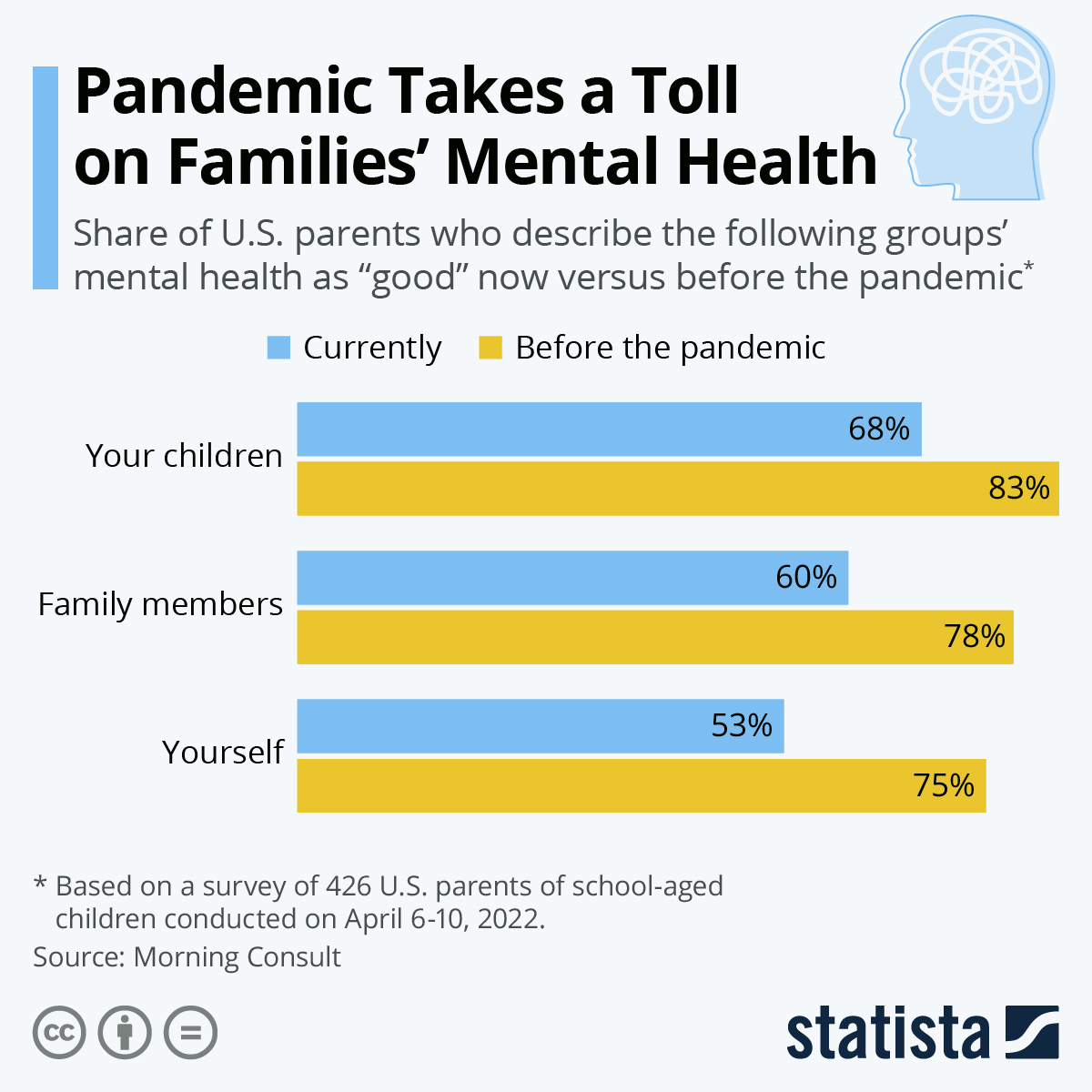Navigating Mental Health: Coping Amidst the Pandemic

Unseen Struggles: Mental Health Challenges Amidst the Pandemic
The global pandemic has brought about unprecedented challenges, extending beyond physical health to the realm of mental well-being. In this exploration, we delve into the complexities of the mental health pandemic and strategies for coping.
The Silent Toll on Mental Well-being
As the pandemic unfolds, the toll on mental health becomes increasingly evident. Social isolation, economic uncertainties, and the fear of the virus contribute to heightened stress and anxiety levels. Acknowledging the silent struggles individuals face is the first step in addressing the mental health pandemic.
Isolation and Its Impact on Mental Wellness
Social isolation, a necessary measure for containing the virus, has unintended consequences on mental wellness. The lack of social interactions, disrupted routines, and the absence of physical connection with loved ones can lead to feelings of loneliness and exacerbate existing mental health conditions.
Economic Strain and Mental Stress
The economic fallout from the pandemic has created financial stress for many individuals and families. Job losses, business closures, and economic uncertainties contribute to heightened levels of stress, anxiety, and, in some cases, depression. Addressing the economic strain is integral to holistic mental health support.
Coping Mechanisms: Strategies for Mental Resilience
Developing coping mechanisms is crucial for maintaining mental resilience during challenging times. Establishing routines, incorporating mindfulness practices, and engaging in activities that bring joy and relaxation can provide a sense of stability and support mental well-being amidst the uncertainties.
The Role of Teletherapy in Mental Health Support
With the limitations on in-person interactions, teletherapy has emerged as a vital tool for mental health support. Virtual counseling sessions offer individuals the opportunity to connect with mental health professionals, fostering a sense of continuity in care during times of physical distancing.
Breaking the Stigma: Encouraging Open Conversations
Breaking the stigma surrounding mental health is essential for creating a supportive environment. Encouraging open conversations about mental well-being, normalizing seeking help, and providing education on mental health contribute to fostering a culture of understanding and empathy.
Community Support Networks: Strengthening Social Bonds
Building and strengthening community support networks are crucial elements in mitigating the mental health pandemic. Communities coming together, whether virtually or within safe physical distancing measures, provide a sense of belonging and support, alleviating the impact of isolation.
The Importance of Self-Care Practices
Prioritizing self-care is a fundamental aspect of mental health maintenance. Adequate sleep, balanced nutrition, regular physical activity, and time for relaxation contribute to overall well-being. Empowering individuals with the knowledge and tools for self-care is an investment in mental health resilience.
Government Initiatives and Mental Health Policies
Recognizing the significance of mental health, governments and organizations worldwide are implementing initiatives and policies to support mental well-being. Accessible mental health resources, helplines, and community programs are vital components of a comprehensive approach to addressing the mental health pandemic.
Mental Health Pandemic: A Call for Collective Action
As we navigate the challenges of the mental health pandemic, a call for collective action resonates. Stay informed about mental health strategies and resources at Mental Health Pandemic. Together, let us foster a world where mental well-being is prioritized, supported, and protected.




(501).jpg)

